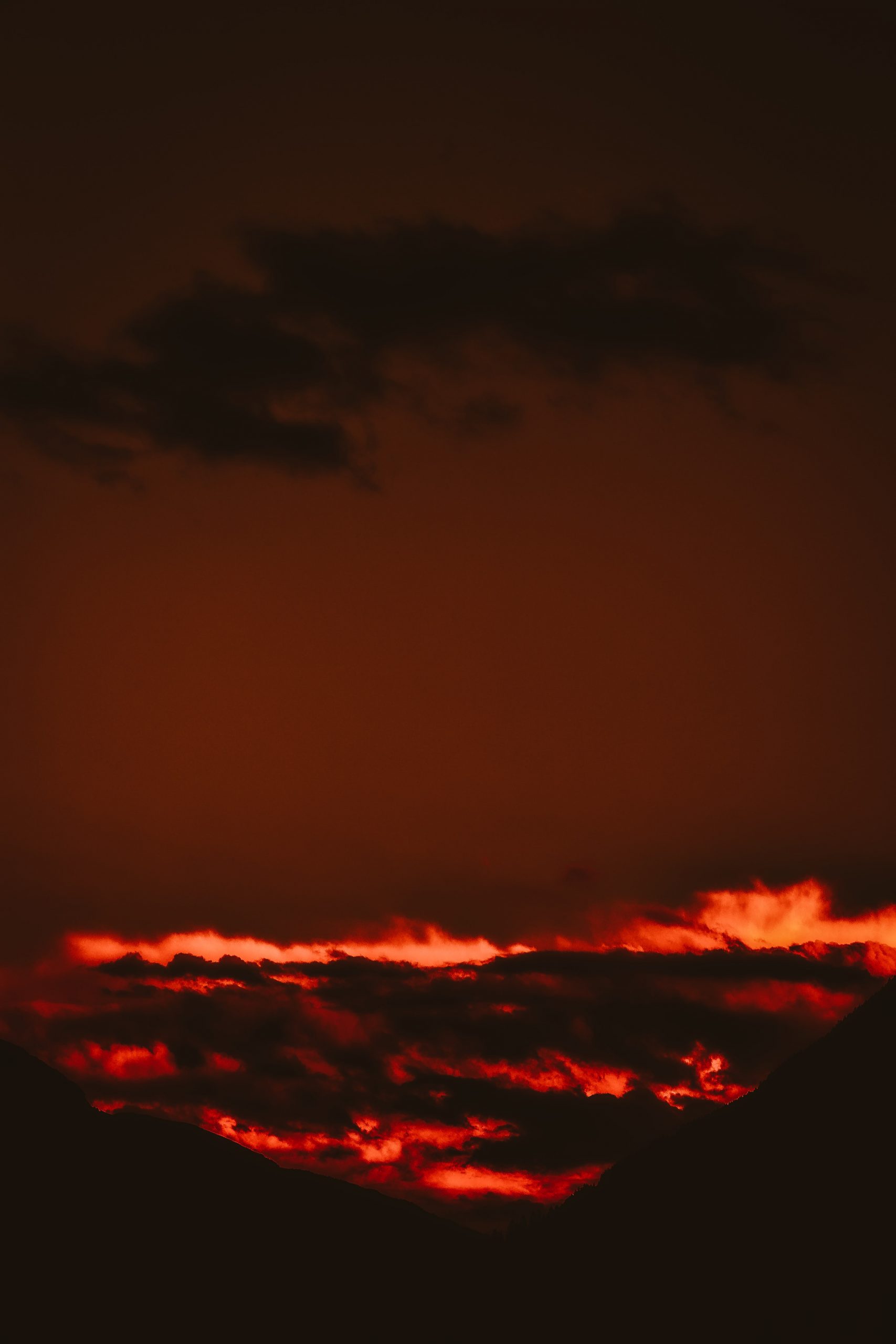A few years I was on the phone with a close friend and talking about things that were going really well for me, and I found myself prefacing it with, “I know I’m privileged—”
And my friend, who in the cube matrix of privilege might be said to have “less” than me, said very soberly. “You don’t have to do that.”
After reflecting on it for a moment, I said, “I feel like I say that reflexively. Like it’s a superstition. A spell against cancellation.”
Writing that, it reminds me of various wards against the evil eye. In my understanding of the evil eye in Italian cultures, it’s an almost instinctive curse one might draw from envious people if you do too much bragging and showing off. Among the practices of protection against the evil eye, one is to disown any responsibility for one’s fortune and lay it in the hands of your God. So the people who thank God or Jesus for their Oscar or football victory are engaging in a long tradition of protection against the envy and resentment of others.
“Owning one’s privilege” is not the same as thanking God—the feeling behind it is much more of repentance and shame than gratitude, for one. But it feels related to a parallel formulation I keep hearing myself and other people say—”The world is on fire, but I’m doing okay.”
When we say this, it’s often with a mixture of embarrassment, confusion, or perhaps guilt. How can I be okay when the world is on fire?
Not to be cute, but I think this question and confusion itself is an expression of living with a measure of privilege. Many of us have been lucky enough to grow up in periods of relative stability and abundance, though we may not have understood it at the time. We didn’t have the context.
Whatever your life is when you’re growing up is your “normal.” You literally know nothing else other than your conditions, unless you are educated through family lore or school to put your experience in a larger context. So perhaps your great grandparents lived through the Depression, or came to the United States as refugees with little more than the clothes they wore, but by the time you came around your parents were able to afford a house where you had your own room and always had enough to eat.
Perhaps you hear stories about hardship, war, unrest, deprivation, but it’s hard to connect those realities to your experience. Some of us have families that share the stories of hardship and survival and help us to keep in living memory the awareness that things could get worse. In times of peace and abundance, those families may get spurned as being too stuck in the past. But for many of us, those memories have become deeply relevant again.
Yet whenever there is unrest, poverty, war, droughts, pandemic, life continues. We have children. We work. We find time to dream or celebrate. We age and die. There are many among us who die early, or who suffer horrors, who may or may not survive to continue life.
It’s a sorrow for those of our families who didn’t pass along the stories of struggle and sorrow along with the joys. Without those roots, we get frozen in a strange guilt-anxiety as we imagine all the horrors to come and uncertain if it’s okay to enjoy or celebrate the moment.
But this moment is all we have. That’s a trite saying, said so many times, but it’s trite because it’s true and we have to keep reminding ourselves. Some horrors are happening and will happen regardless of whether we sit here and worry about it or feel upset.
Blocking out those horrors entirely doesn’t serve, because there is merit in standing against them and fighting. But fighting is a part of being alive; we’re not alive only to fight.
Suffering, too, is a part of living, and our joy can contribute to others’ suffering. When that happens, it’s important to discern how we are responsible and what we are willing to do to alleviate or remediate the harm. Yet living in suffering, self-denial, and self-deprivation is not necessarily a balm to others’ suffering.
What do we do when we say, “The world is on fire”? We imagine a world tiny enough that it can be engulfed by a totalizing event, yet we distance ourselves from it, as though we and our lives are not of the world.
If our lives are okay, then the entire world is not on fire. Or, even if there is fire, there are places of safety and respite, joy and generation within it.
Whenever I find myself caught in a totalizing vision of catastrophe—and there are so many opportunities to do that—I acknowledge and honor that a part of me cares deeply, a part of me wants to not cause harm, and wants everyone to be okay. How awful for those tender parts of me that this can never be guaranteed.
Then I feel my feet on the ground, look at my immediate environment, align my mind to what is occurring to me in the moment. Then I find what is within my power to do, to bring more kindness, more agency, more ease into the world. I offer gratitude for those blessings and privileges I do have, and I grieve the suffering that my blessings or privileges may contribute toward, and then I look at what I can do about it.


